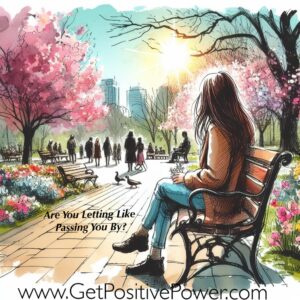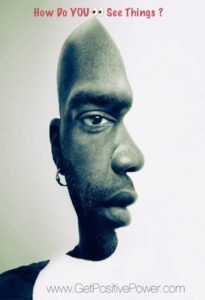 Living in a toxic culture—whether it’s at work, in your community, online, or even in your own family—can deeply affect your mental, emotional, and even physical health. Here’s a breakdown of what it means, how it shows up, and how to protect yourself or move forward:
Living in a toxic culture—whether it’s at work, in your community, online, or even in your own family—can deeply affect your mental, emotional, and even physical health. Here’s a breakdown of what it means, how it shows up, and how to protect yourself or move forward:
⸻
🚨 Signs of a Toxic Culture
• Constant Negativity: Complaining, gossiping, or blame is the norm.
• Fear-Based Behavior: People are afraid to speak up or be themselves.
• Lack of Accountability: No one takes ownership; finger-pointing is common.
• Manipulation or Control: Rules and dynamics benefit a few while suppressing others.
• Exclusion or Cliques: Only certain voices or people are heard or valued.
• Burnout Culture: Hustle is glorified, rest is shamed.
• Shame and Judgment: You’re made to feel “less than” for being different or vulnerable.
⸻
🧠 How It Affects You
• Anxiety, depression, self-doubt
• Feeling isolated or unsafe
• Low motivation or burnout
• Physical symptoms (fatigue, headaches, etc.)
⸻
💡 What You Can Do
1. Set Boundaries
Learn to say no without guilt. Protect your time, energy, and peace.
2. Don’t Internalize It
Their dysfunction is not a reflection of your worth. Toxic cultures want you to think you’re the problem—don’t fall for it.
3. Find Your People
Seek out safe, healthy, and affirming relationships—friends, mentors, communities—who value and respect you.
4. Use Your Voice (When Safe)
Sometimes speaking up, even gently, helps shift the culture—or at least draws a line.
5. Plan Your Exit
If the toxicity is unfixable (like in some workplaces or communities), start preparing to remove yourself. Your peace is worth it.
6. Invest in Healing
Therapy, journaling, or coaching can help you untangle the mental knots caused by long-term exposure to dysfunction.
⸻
🌱 Final Thought
You don’t have to adapt to a culture that’s trying to break you. You can choose to protect your peace, grow your self-worth, and surround yourself with environments that help you thrive instead of just survive. ~ Joe Gradia


 People see things differently because of a combination of life experiences, values, beliefs, emotions, environment, and biology. Here’s a breakdown of the main reasons why perceptions differ:
People see things differently because of a combination of life experiences, values, beliefs, emotions, environment, and biology. Here’s a breakdown of the main reasons why perceptions differ: Completing a bucket list isn’t about racing through a checklist—it’s about intentionally living your life, one meaningful experience at a time. Here’s how to actually make it happen:
Completing a bucket list isn’t about racing through a checklist—it’s about intentionally living your life, one meaningful experience at a time. Here’s how to actually make it happen: